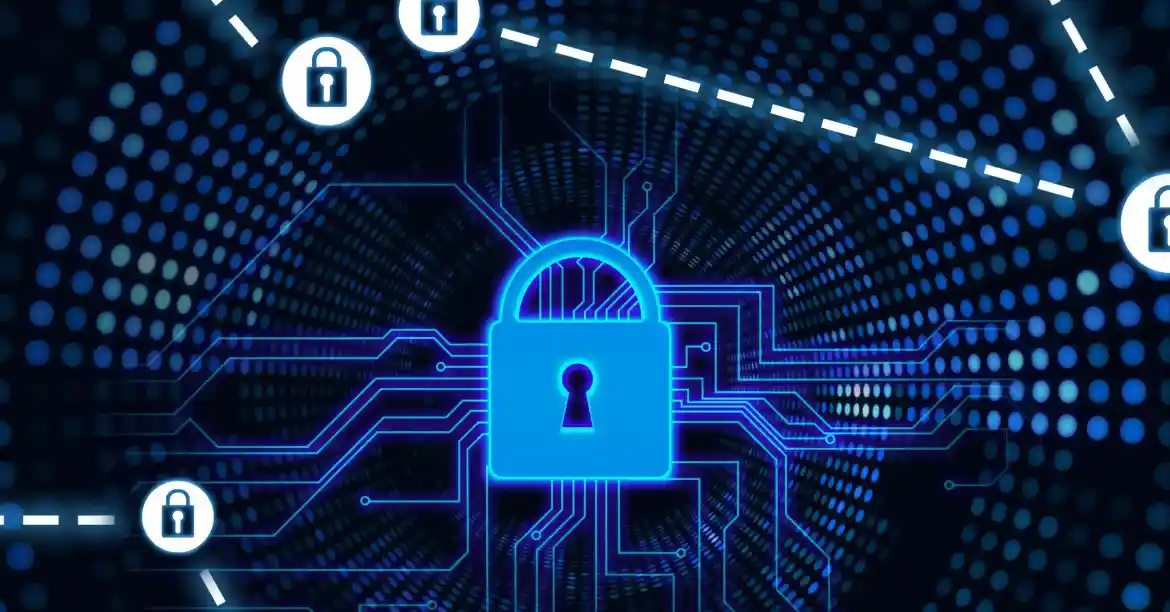AI and Cybersecurity in Gaming: Detect and Prevent Malicious Activity
Date: 28 March 2025

The gaming industry has exploded in recent years, drawing in millions of players worldwide. It's thrilling, right? But here's the downside — cyber threats have become a constant shadow. From game hacks to massive data breaches, the risks are real. Luckily, Artificial Intelligence (AI) has stepped up. It's no longer just a buzzword; it's a critical line of defence in the ever-evolving digital landscape.
How AI Enhances Cybersecurity in Gaming
AI's superpower? It can sift through mountains of data in milliseconds. By recognizing patterns and spotting anomalies, AI is a game developer's digital watchdog. Think of it like an invisible guardian, always on duty. Sounds futuristic? Maybe, but it's already happening.
Picture this. A player achieves an impossibly high score — could they be cheating? AI thinks so. Through predictive analytics, it can detect suspicious behaviour and act before things spiral out of control. But it's not just about cheaters. AI also guards against more sinister threats like Distributed Denial-of-Service (DDoS) attacks.
And this is where game testing services become invaluable. By stress-testing systems and simulating cyber attacks, these services uncover vulnerabilities developers might otherwise miss. It's like giving your game an immune system boost — proactive and preventative.
Real-World Cases of AI in Cybersecurity
Let's talk facts. Riot Games, creator of League of Legends, uses AI-powered systems to catch cheaters. Their AI reviews millions of gameplay interactions daily, flagging anything unusual. It's a relentless, tireless sentinel. Then there's Valve Corporation, employing AI for its Overwatch system in Counter-Strike: Global Offensive. Experienced players verify flagged behavior, while AI refines its judgment. It is a perfect blend of human insight and machine precision.
Still skeptical? Consider this. Cybersecurity Ventures predicts cybercrime will cost the world a staggering $10.5 trillion annually by 2025. That's not just pocket change — it's a wake-up call. Yet game developers using AI-powered solutions have reported a 30% drop in fraud. Impressive, right?
Preventing Data Breaches with AI
Player data isn't just valuable; it's priceless. Cybercriminals know this, and they're not shy about exploiting vulnerabilities. So, how can AI help? By combining advanced encryption algorithms with real-time monitoring. AI can even track behavioural patterns, spotting unauthorised access before a breach occurs. It's like having a guard dog that never sleeps.
Plus, AI systems excel at detecting data anomalies. If someone in another country suddenly logs into an account, AI can immediately raise a red flag. And with support from game testing services, these security systems are battle-tested long before launch day. Why wait for a disaster when you can prevent one?
The Role of AI in Fraud Detection
It's not just hacks and breaches. In-game fraud is a multi-billion-dollar problem. Ever heard of virtual currency scams or fake account sales? AI is tackling those too. Algorithms analyse transactions in real-time, identifying irregularities with impressive accuracy.
Take Tencent Games, for example. Monitoring over 100 million daily users in PUBG Mobile, their AI system detects fraudulent transactions by cross-referencing purchasing behaviour and geographic data. It's like having a detective on the case — one that never misses a clue.
Future Trends and Challenges
Of course, no system is perfect. Cybercriminals are getting smarter, often using AI themselves. Sounds like a digital arms race, doesn't it? Developers need to stay sharp, continuously refining AI algorithms to keep ahead.
And then there's the issue of false positives. Imagine being flagged as a cheater just because you had an amazing game. Frustrating, right? That's why striking the right balance between security and player experience is so critical.
Looking forward, AI will only become more sophisticated. Imagine real-time AI-driven voice chat moderation, or AI companions that detect threats before a player even notices. Through collaboration with developers, cybersecurity experts, and game testing services, the gaming world can remain a vibrant, secure space for everyone.
Conclusion
Cyber threats are here to stay, but so is AI. By leveraging its power to detect malicious activity, prevent data breaches, and reduce fraud, developers can ensure their games remain safe and enjoyable. With the right investments in AI technology and game testing services, the industry has a fighting chance against even the most determined cybercriminals.
So, the next time you log in to your favourite game, remember — AI is working behind the scenes, making sure your virtual world stays secure. Now, isn't that a comforting thought?







